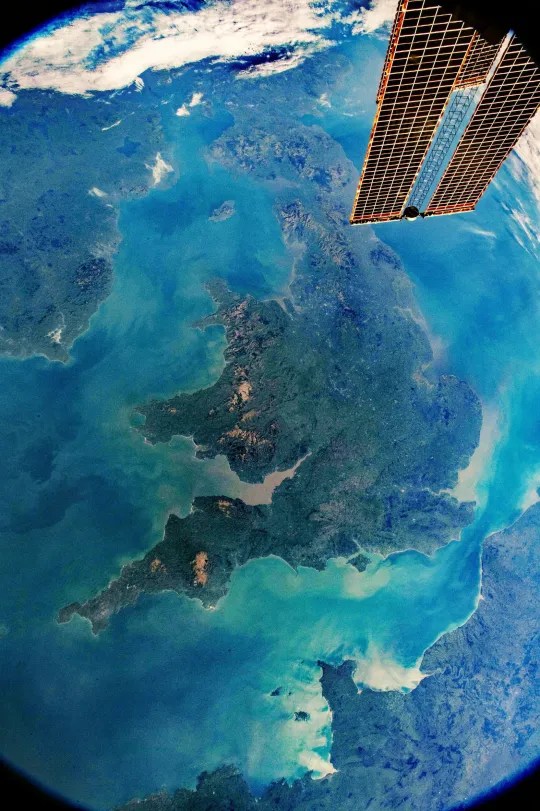
The United Kingdom Space Agency recently revealed its comprehensive Space Exploration Technology Roadmap, aimed at driving the country’s direction of research, development, and funding allocation over the next 10 years.
Developed in close consultation with the space industry, this strategic guide aims to capitalize on the world’s booming space economy, potentially a $1 trillion industry by 2040, according to Morgan Stanley in 2020, while fostering collaboration with key international partners such as NASA, the European Space Agency, and Japan Aerospace Exploration Agency.
A key highlight of the roadmap is the emphasis on cutting-edge technologies that could drive the future of space exploration. Autonomy and artificial intelligence are expected to enhance mission capabilities and efficiency, allowing spacecraft to navigate and explore celestial bodies with minimal human intervention. AI’s potential extends to the burgeoning commercial satellite industry in low Earth orbit, according to many investors in the space economy.
The roadmap also highlights various other pivotal technologies, including advanced manufacturing, communications and mission operations, in situ resource utilization, life support and crew performance, navigation and sensing, propulsion, robotics, sample curation and science instrumentation. Each technology area plays a significant role in advancing the U.K.’s space exploration capabilities.
Join our Discord Server: Join the community with forums and chatrooms about space!
To ensure adaptability and responsiveness to emerging trends, the roadmap is expected to undergo regular reviews and foster ongoing consultation and collaboration with U.K. organizations actively involved in the space sector. By facilitating comprehensive analyses of each technology area, the U.K. Space Agency aims to secure a seat at the cutting edge of space exploration.

Space Nuclear Power is identified as a crucial energy source for sustaining long-term activities on extraterrestrial surfaces, powering construction, heating and life support systems. This may become increasingly vital as human missions return to the Moon and lay the groundwork for future Mars exploration.
The U.K.’s vision is to solidify its position at the forefront of space research and development, by supporting the objectives of its National Space Strategy, which seeks to expand the country’s space sector and become Europe’s leading provider of small commercial launch services by 2030.
The roadmap’s release followed the first meeting of the U.K.’s reinstated National Space Council, which occurred July 19, where government space policy, ambitions to lead Europe in small commercial launch services, and the new National Space Strategy in Action were discussed.
Noteworthy projects such as Lunar Pathfinder, the U.K.-led Rosalind Franklin Rover, Nammo’s satellite propulsion system, and the University of Glasgow’s pulse elevator technology are highlighted by the report, underscoring the U.K.’s commitment to pioneering space exploration technologies and global space initiatives.
“Discovery is fundamental to the work of the U.K. Space Agency, and we are entering a new era of space exploration where governments and commercial operators are working closer than ever before,” said Paul Bate, CEO of the U.K. Space Agency in an agency statement. “By setting out this roadmap, we are giving clarity to industry and researchers across the space sector, and positioning the U.K. as a partner of choice for future space exploration missions to the Moon, Mars and beyond.”
FTC: We use income earning auto affiliate links. More.

Comments